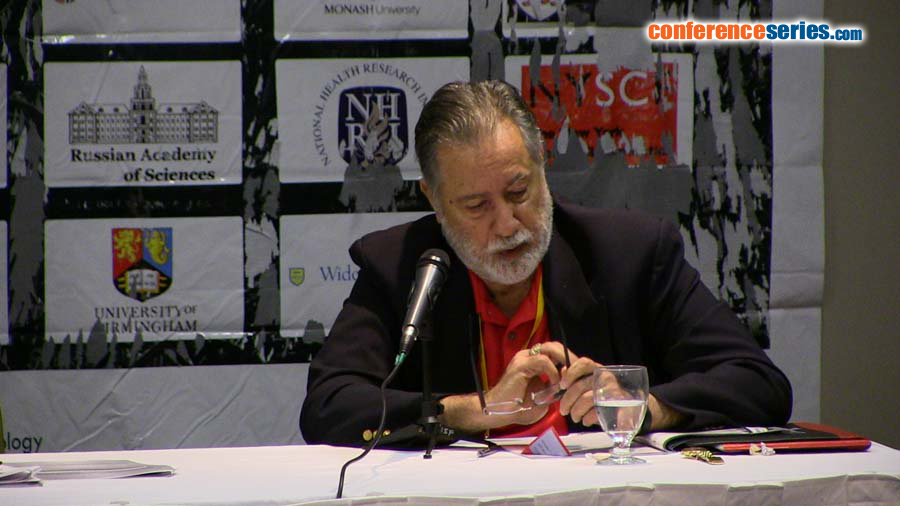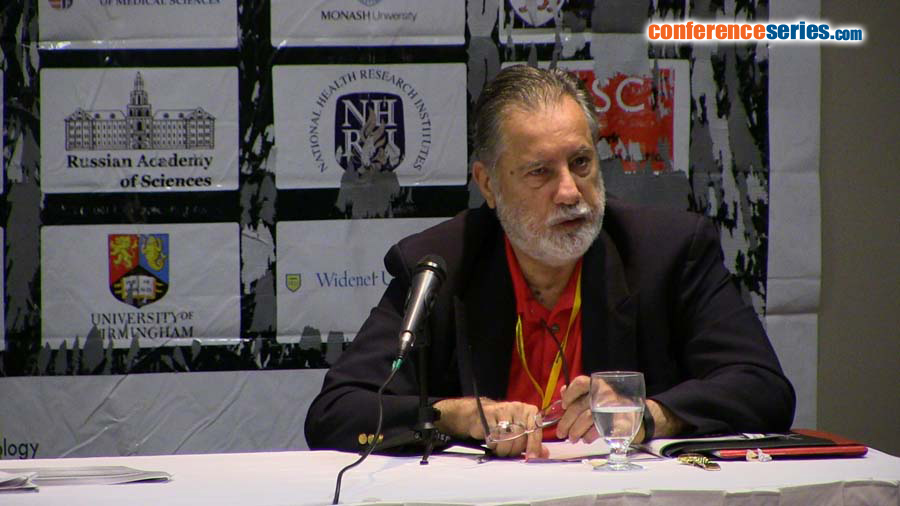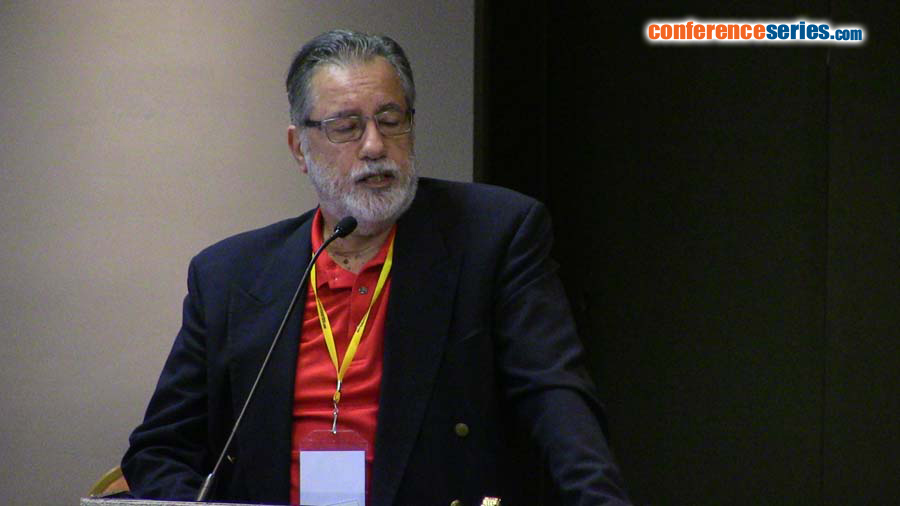
Vincent S Gallicchio
Clemson University, USA
Title: Regenerative Medicine - Use of stem cells as therapeutic options to treat degenerative conditions mediated by inflammation and aging
Biography
Biography: Vincent S Gallicchio
Abstract
The science driving the current revolution in regenerative medicine continues to focus on advances in research made in tissue biology and engineering along with molecular medicine. The goal is to advance the field such that the application of stem cells can improve clinical outcomes when it addresses the issue of altered or damaged cells, tissues or body organs. Another exciting area
of research in regenerative medicine addresses the need to grow new body organs to replace damaged or dysfunction body parts, thus addressing the current problem, where there is a shortage of organs available from potential donors. If the source of stem cells is derived from the same individual in whom the body tissue or organ needs to be replaced will eliminate the problem of organ transplant rejection. Another area of research will also focus on the expanding sources of stem cells such as the use of induced pluripotential stem cells (iPCs), mesenchymal stem cells (MSC) derived from adipose and aminotic tissue or cord blood beyond blood and bone marrow. Any advance in applied use of stem cells beyond blood and immunological use is limited by the fact that cord cells are hematopoietic stem cells (which can differentiate only into blood cells), and are not pluripotential stem cells, as embryonic stem cells, which can differentiate into any type of tissue, they can be induced to “dedifferentiate” as iPCs. Cord blood has been studied as a treatment for diabetes. However, apart from blood disorders, the use of cord blood for other diseases is not a routine clinical modality and remains a major challenge for the stem cell community. Along with adipose and amniotic tissue, cord blood, chord lining, and Wharton’s jelly, have been explored as sources of MSC in order to treat conditions mediated as a function of aging and inflammation. MSC have been studied in vitro, in animal models, and in early stage clinical trials for cardiovascular diseases, as well as in osteoarthritic conditions, neurological deficits, liver diseases, immune system diseases, diabetes, lung injury, kidney injury and leukemia. This presentation will review the use of MSCs in these clinical indications.



